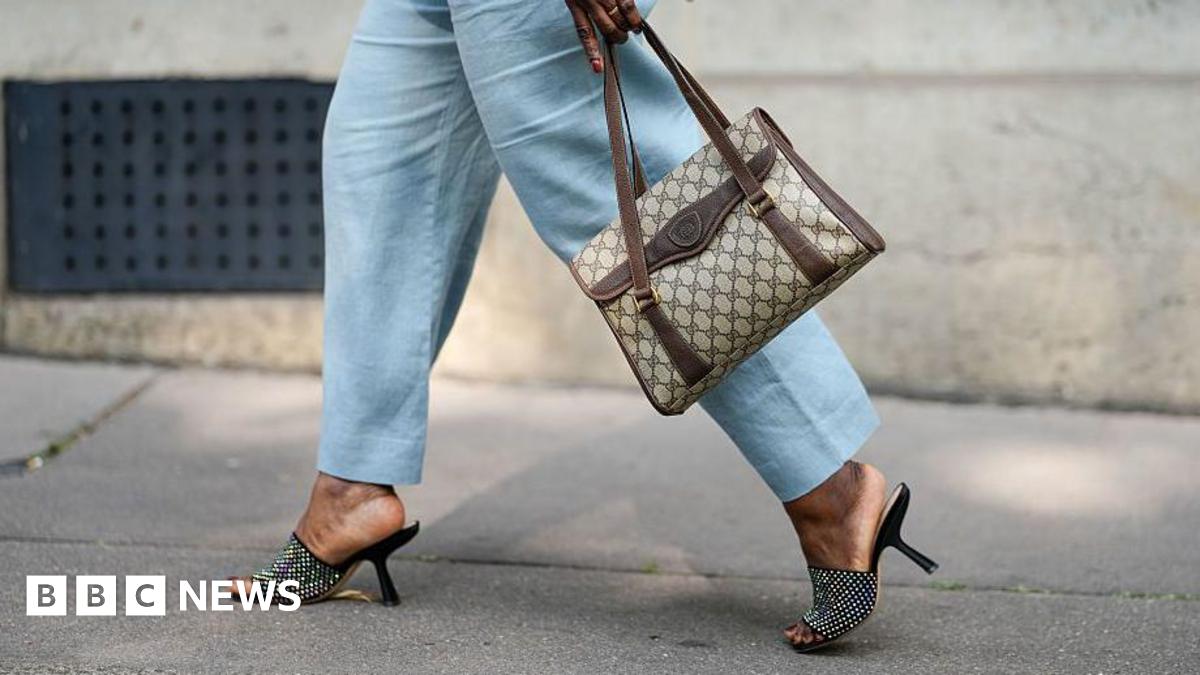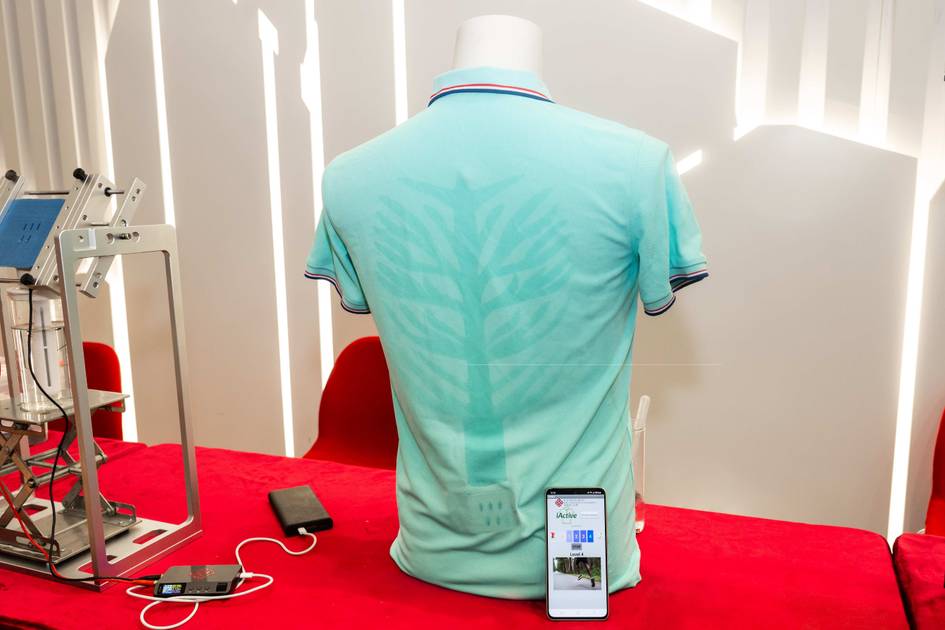Roblox fashion stage, Kering data breach, climate survival gear
Blueberry debuts a Roblox Fashion Stage with aespa, merging fashion, fandom, and commerce; hackers steal millions of Gucci, Balenciaga, and Alexander McQueen customer records; Hong Kong PolyU develops AI cooling garments.
Blueberry Debuts Roblox Fashion Stage with Aespa
Digital fashion house Blueberry has launched The Blueberry Stage on Roblox, a new metaverse hub blending music, fashion, and community, debuting with a headline performance by K-pop group aespa. Fans can explore custom digital looks tied to aespa’s new album Rich Man, interact in a shared arena, and shop an exclusive capsule collection with follow-on drops. Positioned as more than a one-off, the Stage signals Blueberry’s intent to build Roblox into a global destination where cultural moments are co-created by fans, artists, and designers.
Why it matters: This move reflects how digital fashion is evolving beyond avatar skins into full-scale cultural platforms. By combining fandom, interactivity, and commerce, Blueberry and Roblox are showing how future fashion launches may live less on runways and more in immersive, community-driven digital worlds.

Gucci, Balenciaga and McQueen Data Breach Exposes Millions
Hackers known as Shiny Hunters have stolen the personal data of up to 7.4 million customers of Gucci, Balenciaga, and Alexander McQueen, including names, contact details, addresses, and spending histories, some showing purchases of $30,000-$86,000. Parent company Kering confirmed the April breach, reported it to authorities, and says no financial details were taken, but the exposed “total spend” data raises the risk of high-value clients being targeted for further scams.
Why it matters: Luxury is built on trust, and breaches of this scale not only endanger affluent customers but also highlight how vulnerable even top fashion houses are to cyberattacks. With spending profiles now part of stolen datasets, the stakes rise from reputational risk to direct threats against brands’ most loyal and lucrative shoppers.

Fashion Tech Emerges as Climate Survival Gear
Researchers at Hong Kong Polytechnic University are pioneering next-generation cooling garments that combine advanced textiles, AI-driven wearables, and thermodynamic design to actively regulate body temperature. Prototypes like iActive™ sportswear, OmniCoolDry™ fabric, and SweatMD already show how clothing can lower skin temperature, manage sweat more efficiently, and even track health biomarkers, all while looking and feeling like everyday apparel rather than bulky devices.
Why it matters: With heat waves becoming deadlier and air conditioning demand set to triple by 2050, fashion’s role may shift from aesthetic to existential. Intelligent cooling garments could cut energy use, improve resilience in vulnerable regions, and turn apparel into a frontline tool against climate change.




